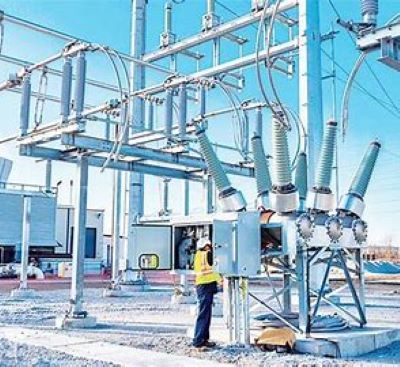The Electricity Distribution Companies (DisCos)’s unwillingness to offtake available 4,724.76MW power in January and February 2024, left the Generating Companies (GenCos) with a loss of ₦27.14 billion.
According to data posted by the Association of Power Generation Companies (APGC), in January, while available power generation capacity was 6,444.05 Megawatts, actual average daily generation was 4,293.86MW, leaving 2,150.37MW of power stranded at a loss of N13.04 billion.
In February, available power generation capacity was 6,384MW while actual average daily generation was 3,809.96MW leaving 2,574.39MW of capacity unutilized at a cost of N14.10 billion.
ALSO READ Power: Minister summons DisCos, TCN over outages
The CEO of APGC, Dr. Joy Ogaji explained that contrary to the narrative in the public domain, power generation was not the problem in the sector.
She claimed that GenCos were being paid only 30 percent of their invoice, wondering how the plants were expected to operate efficiently in such an environment.
“The narrative out there has been that there is not enough generation. But has anyone bothered to check the NSONG (the portal for generation and distribution data managed by the National System Operator) to see if the declared capacity and availability was fully utilised ever in the history of our power consumption?
“Then what is the discussion around remittances or payments? Can 30% of half (energy without capacity payments) your invoice component sustain any business? Given that demand drives production. Are we really ready for optimal supply?” She queried.
ALSO READ FG subsidized electricity with N135.23bn in Q2, 2023 – NERC
The President of the Nigeria Consumer Protection Network, Mr. Kunle Olubiyo bemoaned the present poor state of power supply in the country, stressing that the “situation is getting worse with energy crisis in Nigeria
“Nobody sleeps with light (power) again and the hot weather is not helping matters. The Federal Government needs to resolve the issues with pre-privatisation exercise, legacy debts and post pivatisation era debts to gas producers/gas suppliers”.


